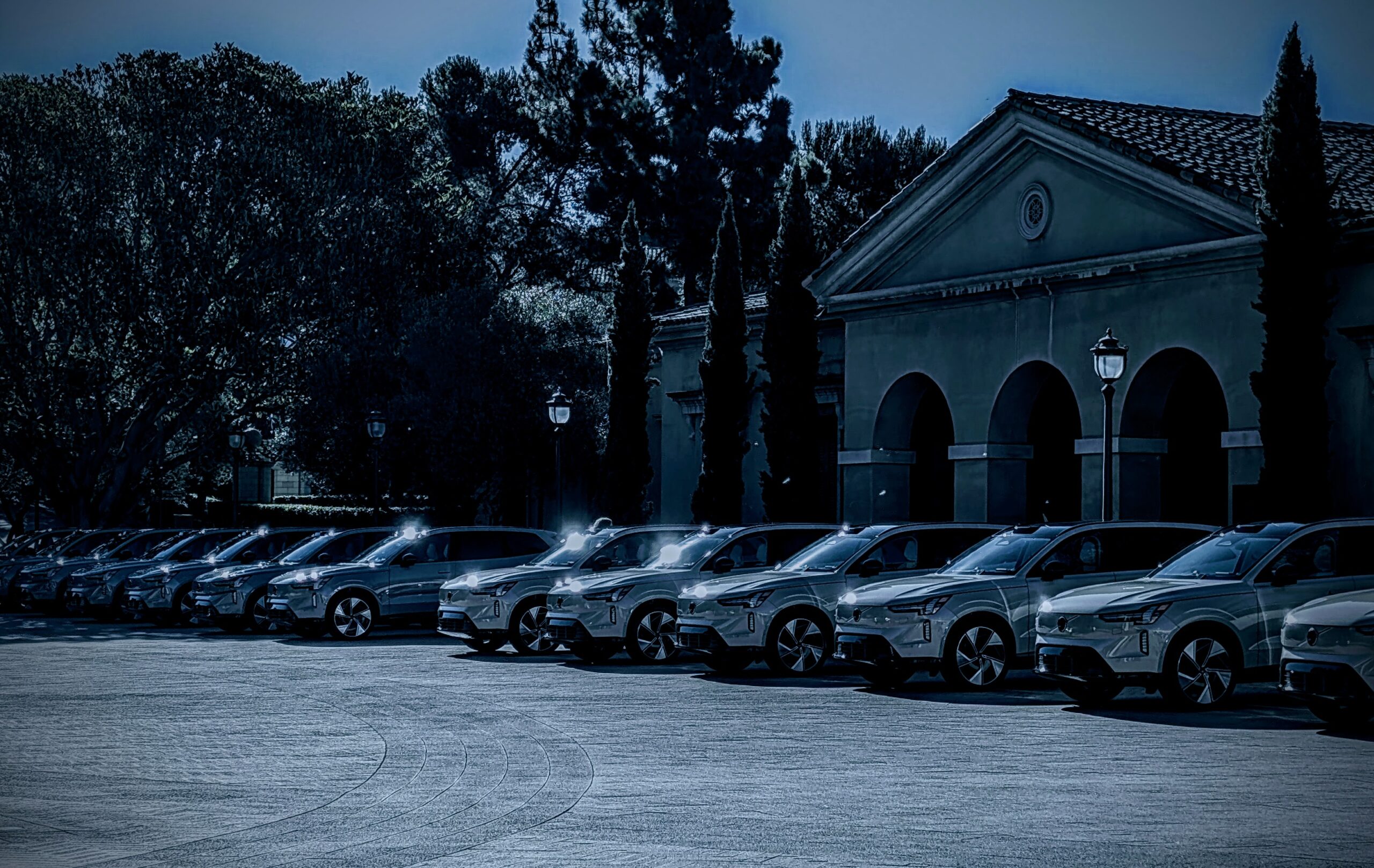Sign up for daily news updates from CleanTechnica on email. Or follow us on Google News!
Electric vehicle popularity is at an all-time high, but you’d never know it from reading the headlines. Vehicle electrification is expected to improve affordability for households as technology costs continue to decline, more models become available, and the used market continues to grow.
Atlas Public Policy published an analysis in March that compared the costs of owning the most popular gasoline vehicles sold in the US in 2023 with electric vehicle alternatives. They focused on 5 vehicle types: compact sedans, sedans, compact SUVs, mid-size SUVs, and pickups. They found that in every case, the total cost of owning an electric vehicle is lower than the gasoline-powered alternative. A companion fact sheet designed by NRDC notes that, over the past several years, the upfront costs of EVs have decreased significantly while performance and range have increased.
So, what’s the problem with getting that message out to consumers? Actually, several barriers exist that hinder mass consumer understanding and acceptance of electric vehicles. Here are just a few.
The China Syndrome: Inexpensive EVs Take Center Stage
Why hasn’t Biden opened the doors to cheap Chinese EVs that will be great for the bottom 80% but not expensive? Our own Steve Hanley muses that, if the US is serious about a transition to EVs, “it seems illogical to essentially ban the lowest cost models that could potentially move the needle as rapidly as possible toward low-emissions transportation.”
Tinglong Dai, an expert in global supply chains from Johns Hopkins University, however, argues that the Biden tariffs can succeed in giving the US EV industry room to grow. Without the tariffs, Dai explains, US auto sales risk being undercut by Chinese companies, “which have much lower production costs due to their manufacturing methods, looser environmental and safety standards, cheaper labor, and more generous government EV subsidies.”
Electric Vehicle Popularity is Overshadowed by Partisan Rancor
Electric vehicles are one of US presidential candidate Donald Trump’s favorite targets, and the evocative language he has used to describe them is rife with the ugly symbolism of war and destruction. His not-so-lightly veiled threats of automotive manufacturers’ economic ruin ring true to many of his followers.
However, electric car sales continue to grow despite supply chain disruptions, macro-economic and geopolitical uncertainty, and high commodity and energy prices. Electric vehicle sales are consistently on the upswing, even though there’s been a strong narrative to the contrary lately. Attacking EVs is so common that no longer is logical reasoning necessary or even persuasive to some audiences, and EVs are in a whirlwind of symbolic partisanship and rancor.
Electric vehicle popularity seemed to be surging last year among Democrats, but, according to the Washington Post’s Catherine Rampell, Elon Musk took his status-symbol Tesla brand and turned it into “something tree-hugging liberals might feel queasy about driving.” The comment was part of an article titled, “EVs have a Democrat problem.”
Rampell ends the article with a caveat. “I still believe that the transition toward electrification and cleaner, renewable technologies is inevitable, based on economics alone; that it’s a question of when, not if; and that our policy choices involve only speeding it up or slowing it down. But I’m increasingly concerned that Republicans don’t want to speed it up, and Democrats don’t understand how.”
Pay Package Disputes Continue after Tesla Annual Stockholder’s Meeting
Musk has been mired in controversy for the majority of his tenure at the all-electric vehicle company. Most recently, the gossip surrounded Musk’s pay package over concerns about risk oversight at Tesla. The magnitude of the pay award “raised alarm bells,” was termed “extravagant” by some, and was seen by opponents as “jeopardizing long term value” at Tesla.
Last week, Tesla responded to Chancellor Kathaleen McCormick’s decision that invalidated Musk’s pay package by insisting that she should recognize a vote by Tesla shareholders in favor of the pay package and reverse her January ruling that voided the compensation. Attorneys for Tesla said in a filing Friday that the June 13 decision by Tesla investors to re-approve Musk’s pay “impacts significantly what remains to be decided in this litigation.” The company asked for a delay of the July 8 hearing so it can lay out the shareholder vote’s implications.
In response, shareholder attorneys said the vote to ratify Musk’s pay has no legal effect and the only way for Tesla to challenge the January ruling is to appeal to the Delaware Supreme Court. Instead, they argue that, before Tesla can appeal, McCormick must determine the legal fee that the company should be ordered to pay them for winning the case. They had previously asked for 29 million shares of Tesla stock, which is worth more than $5 billion. But on Friday they said Tesla could as an alternative pay at least $1.1 billion in cash, which would be justified by the court’s precedent, although they described that as “unfairly low.”
The legal team for Richard Tornetta, the shareholder who sued over the pay package, is not satisfied and has been seeking alternative ways to resolve the situation and compensate Musk. When the company achieved the last milestone in the pay package, it was worth $56 billion, according to Tesla. The package fluctuates with the share value, which was near $48 billion at Friday’s share price of $182.19.
To Robotaxi, or Not to Robotaxi: That is the Question
Can Tesla reframe its identity to that of an autonomous vehicle company? Several analysts doubt that Tesla can make such a substantive shift. In fact, many are predicting that, when Tesla hosts its long-planned robotaxi event on August 8, the actual winner just might be Alphabet or Amazon. Yet Cathie Wood of ARK Invest sticks to her projections about the positive impact of the robotaxi venture on Tesla’s eventual valuation.
“We think that the robotaxi opportunity, globally, will deliver $8 to $10 trillion in revenue by 2030,” Cathie Wood stated. Even if Wood is correct about Tesla’s robotaxis as a massive potential future market, Tesla isn’t expected to dominate it. Amazon’s subsidiary, Zoox, is developing autonomous vehicles to provide mobility-as-a-service in dense urban environments.
As our editor, Zachary Shahan, mused, “Either Tesla’s approach works and its a vastly better, cheaper, more geographically broad robotaxi system, or it doesn’t, and the company’s stock is massively overpriced for its automotive sales business.”
Final Thoughts about Electric Vehicle Popularity
Electric cars are the future, and each year Car and Driver has seen automakers add more EVs to their lineups. They say that “everyone is working on electric vehicles, from well-established existing manufacturers to new names such as Lucid, Canoo, and Rivian.” As a result, they’ve forged ahead and compiled a list of every electric vehicle, from concept to production, that isn’t available yet but will be soon. Check it out here if your curiosity is piqued — even if the headlines seem to want to dampen your EV interest.
Have a tip for CleanTechnica? Want to advertise? Want to suggest a guest for our CleanTech Talk podcast? Contact us here.
Latest CleanTechnica.TV Videos
CleanTechnica uses affiliate links. See our policy here.




